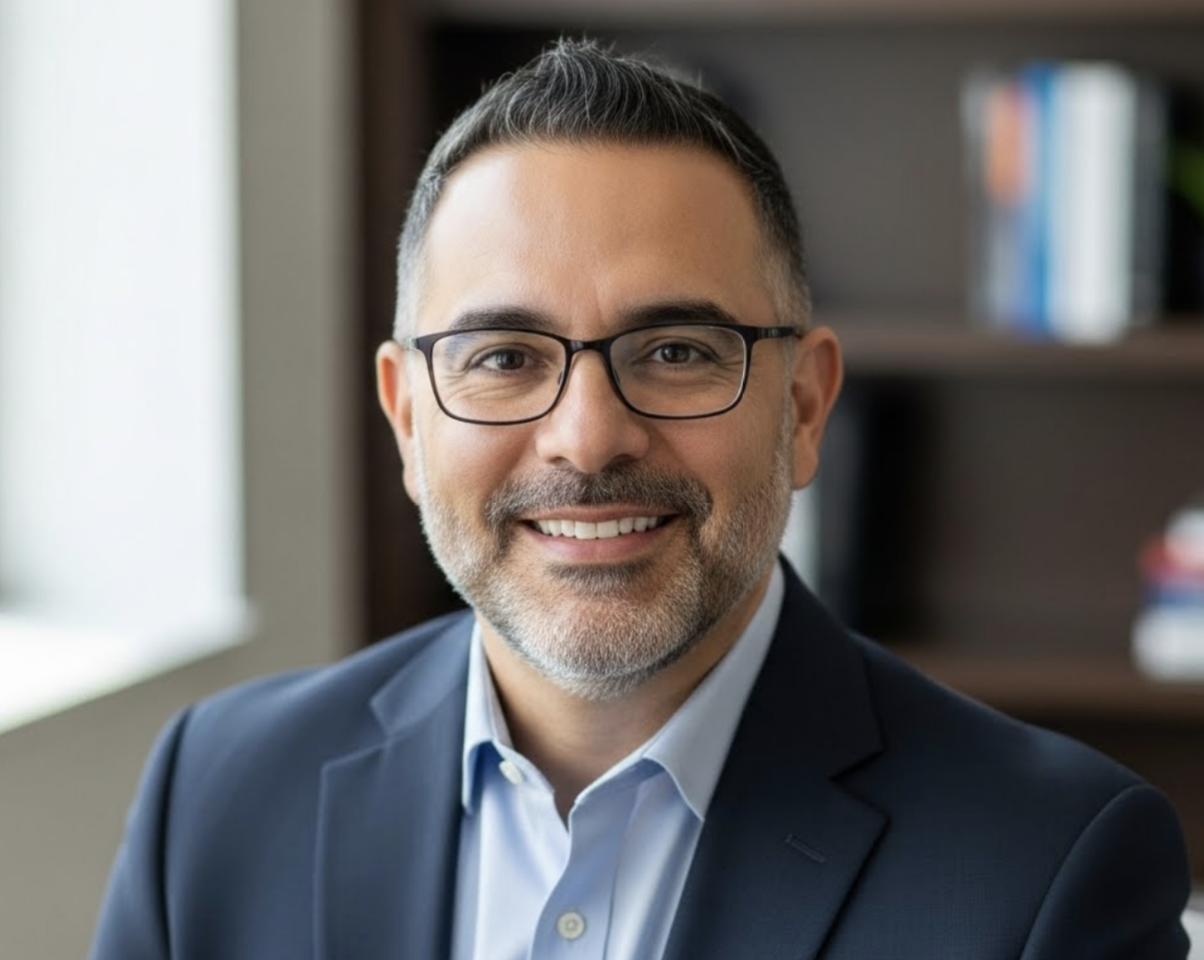Yes, numerous scholarship programs specifically support college students in recovery from substance use disorders. Amounts range from $1,000 to $5,000+, offered by treatment centers, nonprofits, universities, and community organizations. Your best starting point is your school’s financial aid office, which tracks current opportunities and helps you avoid expired online listings.
Important: Scholarship availability, amounts, and requirements change frequently. Always verify the current status on the scholarship provider’s official website or with your school’s financial aid office before applying. Information verified December 2025.
For many, the college years can actually plant and nurture the seeds of addiction, as most counselors are well aware. Binge drinking, experimenting with cannabis, easy access to amphetamines to fuel late-night cram sessions… you’ll see it all.
Yet a university education is also a great enabler of recovery. Opening up new possibilities and taking life in a fresh and sustainable direction is a key part of rebuilding after addiction.
In many cases, rebuilding life after addiction starts with a college degree.
Figuring out how to get one can be a challenge for your patients, or even for you personally, if you are coming from a background of addiction, as many counselors are. Of course, not everyone recovering from an addiction is planning to go into addiction therapy as a career. There are still plenty of scholarship options for you if you are bound for any profession.
Considering how strongly you are personally motivated to build a career out of helping people recover from addiction and substance use disorders, it shouldn’t be a surprise that there are plenty of other people reaching out to help get lives back on track for addiction sufferers.
When it comes to making a college education a reality, much of that assistance comes in the form of scholarship funds.
Scholarships for Recovering Addicts Offer a Fresh Start in Life
Attending college, or going back to school for retraining, can be one of the key turning points in a life on the mend. But for anyone else in the market for education today, it’s not exactly affordable.
According to data from the National Center for Education Statistics (NCES), the average total cost of attendance for first-time, full-time undergraduate students in 2023 was $27,673 per year. That puts a basic bachelor’s degree over six figures.
That’s tough enough to stomach if you’re coming from a stable, normal background… and almost impossible for many in recovery starting out with the deck stacked against them.
This is one reason that financial assistance is almost universally part of the picture for today’s college students. NCES also reports that the percentage of students in the same category as above who receive financial aid has been creeping up to around 90 percent.
That can make competition fierce for grant and scholarship funds. But people who have recently recovered from addictions have an edge they may not even know about.
What Are Scholarships for Recovering Addicts?
Scholarships are financial grants made directly to individuals by a variety of organizations to help cover college costs.
Many of those organizations have their own goals and missions, and there are many ways scholarships are used to fulfill them. Some scholarships are available to individuals from specific geographic areas or who are majoring in specific fields. Others are offered to groups from a specific ethnic or socioeconomic background, or who have distinguished themselves in some way through extensive volunteer work or military service to the country.
These scholarships have elected to weave lives and communities back together by promoting higher education.
With all the groups that are dedicated to eradicating the harm in society caused by addiction, it’s not a surprise that some have put together a new demographic qualifier: individuals in recovery from an addiction.
Where Can I Find Scholarships for People in Recovery From Substance Use Disorders?

The kind of organizations that offer scholarships focused on recovering addicts generally cover the same territory as those that support addiction recovery in general. That means nonprofit community groups, religious organizations, or even for-profit treatment centers.
Treatment Center and Healthcare Organization Scholarships
The Sandstone Care Scholarship is one of those, funded by a national addiction treatment center network that offers $5,000 to individuals struggling with addiction or mental health issues (verified December 2025).
Faith-Based and Community Organization Scholarships
All Saints’ Church in Virginia Beach is typical of religious organizations that offer scholarship support, granting around $50,000 to deserving college students each year. Recipients don’t even have to be members of the church itself.
Individual and Nonprofit-Funded Scholarships
Some of them are funded by individuals who are themselves giving back to the community, such as the grant, poetically titled “Lost Dreams Awaken,” on Bold.org. To date, more than $13,000 has been raised and distributed to 13 different winners.
Other scholarships are offered more generally to individuals who either have experienced addiction themselves or have been impacted by addiction in someone close to them, such as the $1,000 DRS Scholarship from Drug Rehab Services, a clearinghouse for treatment and resources for addiction. Like the DRS Scholarship, these are often essay-based, with few other specific requirements.
University-Specific Recovery Scholarships
Finally, individual universities sometimes offer scholarship funds for students in recovery, often in partnership with broader addiction support or studies programs. For instance, at Texas Tech, eligible students can apply through the Center for Students in Addiction Recovery for scholarships to both graduate and undergraduate programs.
Just as the road to recovery is constantly shifting, the scholarship landscape is constantly evolving. You have to be nimble to keep up. Scholarships offered for one year may fail to find funding going forward; others will emerge from new sources.
That makes the internet both a valuable resource, but one that could lead you astray. Listings last long past the actual date of expiration for some scholarships, which can leave you chasing after opportunities that no longer exist.
At the same time, online databases are invaluable for tracking down leads.
The ultimate resource for most students will be the financial aid office at the school they plan to attend. Their business is to keep track of funding options, and they are far more familiar with eligibility details than most students are. On top of that, many scholarships are offered through schools themselves.
It’s also a good idea to tap local recovery networks. Check into local organizations that are devoted to helping recovering addicts; ask around in group therapy circles or with peer support specialists. These are all people who have been supporting individuals in recovery for years. Chances are you won’t be the first to ask the question, and they are very likely to have already done much of the homework.
Searching for Scholarships in Adjacent Spaces Can Pay Off
Sometimes, being in recovery can give individuals an edge in getting scholarships that aren’t necessarily even specifically aimed at people experiencing addiction. The life experience and encounters with those struggles can help addicts win other grants that aren’t necessarily restricted to only those in recovery.
For example, there’s a Technology Addiction Awareness Scholarship offered by Digital Responsibility, which is all about understanding the negative effects of too much screen time. Recipients don’t need to have been clinically diagnosed with this addiction. But if you’ve experienced it personally, you understand the addictive nature of technology and the compulsive behavior that surrounds it, which gives you as good a chance of being accepted as any other applicant.
Current Scholarship Opportunities for Recovering Addicts
| Scholarship Name | Amount | Eligibility | Provider Type |
|---|---|---|---|
| Sandstone Care Scholarship | $5,000 | Addiction or mental health struggles | Treatment Center |
| All Saints’ Church Scholarships | ~$50,000 total distributed | Deserving students (membership not required) | Faith-Based |
| Lost Dreams Awaken | Varies | Recovery from addiction | Individual (Bold.org) |
| DRS Scholarship | $1,000 | Essay-based, addiction impact | Nonprofit |
| Technology Addiction Awareness | Varies | Understanding tech addiction effects | Nonprofit |
| Hope For Addiction | Varies | Addiction counseling students in recovery | Treatment Center (RCA) |
| Hope For Healing | Varies | Mental or behavioral health focus | Nonprofit |
| ASAP Franklin County KY | $1,000 | Leadership, Overcomer, or Serenity categories | County Agency |
| NY Addiction Professionals | Varies | NY residents pursuing addiction counseling | State Agency (OASAS) |
Note: Scholarship availability and amounts change frequently. Use this list as a starting point for research, not a definitive guide. Always verify the current status with providers before applying.
Your Experience with Recovery is Especially Valuable in Preparing You to Become an Addiction Counselor

Even better, if you are a recovering addict who plans to go into the field of addiction counseling, there are a number of scholarships that support that ambition in particular.
Hope For Addiction is one example, funded by the Recovery Centers of America, landing in the sweet spot that focuses on financial assistance for anyone pursuing degrees in addiction counseling, particularly for students who are themselves in recovery.
This is particularly true for many people heading down paths that start in peer support counseling, a common foothold for recovering individuals. So, keeping an eye out for awards like the Hope For Healing Scholarship, which is awarded to applicants focusing on mental or behavioral health, including addiction medicine, can open up even more opportunities.
And some grants have multiple awards that may cover both individuals in recovery and those interested in treatment. ASAP, the Agency for Substance Abuse Policy in Franklin County, Kentucky, for instance, has a set of $1,000 scholarship awards that cover three categories:
- Leadership – Anyone showing volunteering, academic, or leadership strengths
- Overcomer – For students who have overcome substance use personally
- Serenity – For students who have successfully dealt with substance use in their environments
Some state agencies offer scholarships for anyone entering addiction counseling, such as New York’s Office of Addiction Services and Supports, which uses the Addiction Professionals Scholarship Program to help fund individuals pursuing degrees or certifications in addiction counseling.
Your Best Chance at Success When Applying for Scholarships Designed for People in Addiction Recovery
Scholarships are competitive, and, fortunately, there are an awful lot of people in recovery in America today. You’ll be going head-to-head with them as you apply for any of these awards.
Qualifications are key. Many scholarships will have specific requirements for how long the applicant has been sober. Of course, continued sobriety and treatment are standard conditions for continued receipt of the award. It’s a small additional incentive to stay clean, but every bit of motivation counts.
Sometimes, location will be a big factor. If it’s offered by a locally-based organization, there’s a good chance it’s intended for people in the area. In other cases, grants are awarded based on participation in certain organizations, so the applicant or a family member may have to be a member to qualify.
Applications typically involve compiling a long list of biographical info and supporting documents, which doesn’t require much besides checking boxes and putting together paperwork. But there are some key areas where you can differentiate yourself from the pack and get to the head of the line for grants.
Getting the Right References To Back Addiction Recovery Scholarship Applications
Many competitive scholarship applications will ask applicants to provide several references. Often, there will be limits on how many of these can be personal versus professional, so having Mom write one is only going to get them so far.
As an addiction counselor, however, you have a golden opportunity to pay it back and pay it forward by writing recommendations for your clients. And the communication skills you build earning a degree in addiction counseling will help you out here, giving you a measure of skill in rhetoric and professional writing.
You’re also in a position to give objective, clear, and useful information about the efforts they have made in recovery and their potential as college student themselves.
Writing an Essay That Goes to the Front of the Line Boosts the Odds of Getting a Recovery Scholarship
Most competitive scholarship applications also involve submitting a personal essay. This is a place where recovery can give applicants a lot to talk about.
That’s particularly true for people who have decided to turn their lives toward all the good there is on the other side of addiction by helping others through degrees in addiction counseling. You’re proud, and you should be, of the steps you’ve taken to get your life in order. And you’re probably grateful for the family, friends, and even counseling professionals who may have helped you get there.
Expressing gratitude for recovery assistance is a good way to get an essay to the top of the stack.
For counselors who are assisting their patients in applications, you have an opportunity to be a sounding board for essay topics and are in a unique position to help them see ways they may even be exceeding their own expectations in recovery.
Whether it’s for your own needs as an aspiring counselor or those of a client, you can take a lot of pride and see a lot of benefits from scholarship programs designed for individuals recovering from substance use disorders and other addictions.
Frequently Asked Questions
Do I need to prove I’m in recovery to qualify for these scholarships?
How much money can I realistically get from recovery scholarships?
Where should I start my scholarship search?
Can I apply if I’m studying something other than addiction counseling?
What happens if I relapse while receiving a scholarship?
Key Takeaways
- Scholarships specifically for recovering addicts exist through treatment centers, nonprofits, universities, and community organizations, typically ranging from $1,000 to $5,000 per award.
- Your college’s financial aid office is your best starting point. They track current opportunities and help you avoid expired listings that plague online databases.
- Additional scholarships for addiction counseling students are available if you’re pursuing a career in substance use disorder treatment, creating multiple funding pathways.
- Strong applications require verification of recovery status, compelling personal essays showing gratitude and growth, and professional references (ideally from counselors or treatment providers).
- Apply for multiple scholarships simultaneously. Securing 3-5 different awards can significantly reduce college costs, especially when combined with other financial aid.
Ready to Build Your Career in Addiction Counseling?
Turn your recovery experience into professional expertise. Explore accredited addiction counseling programs that understand your journey and prepare you to help others find their path to recovery.







